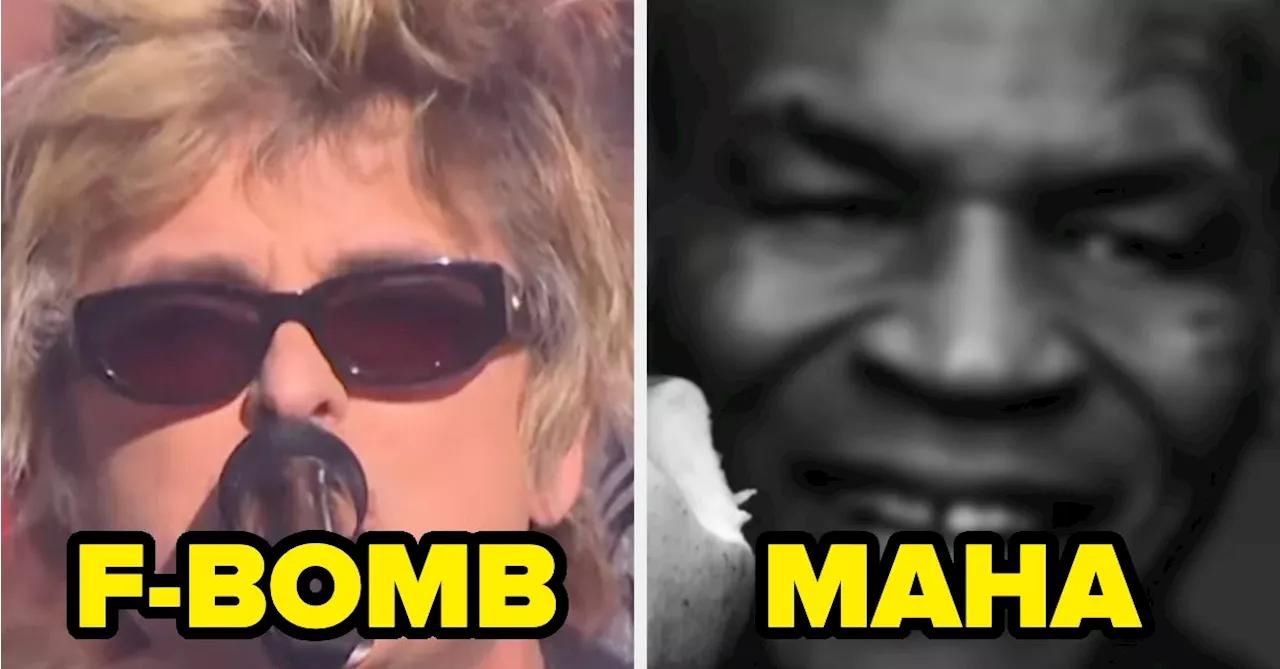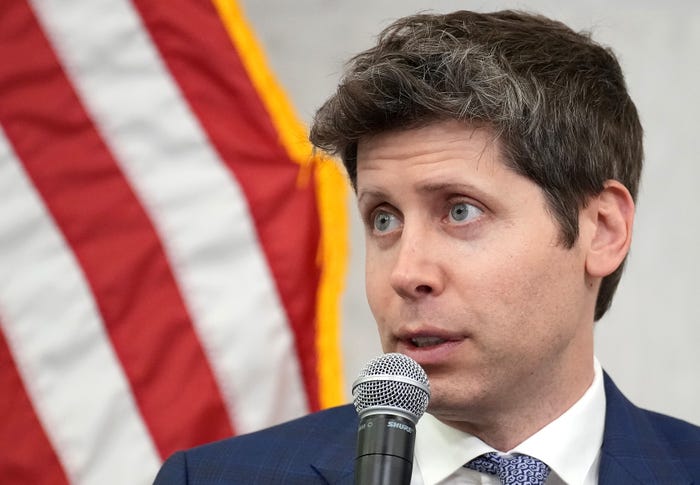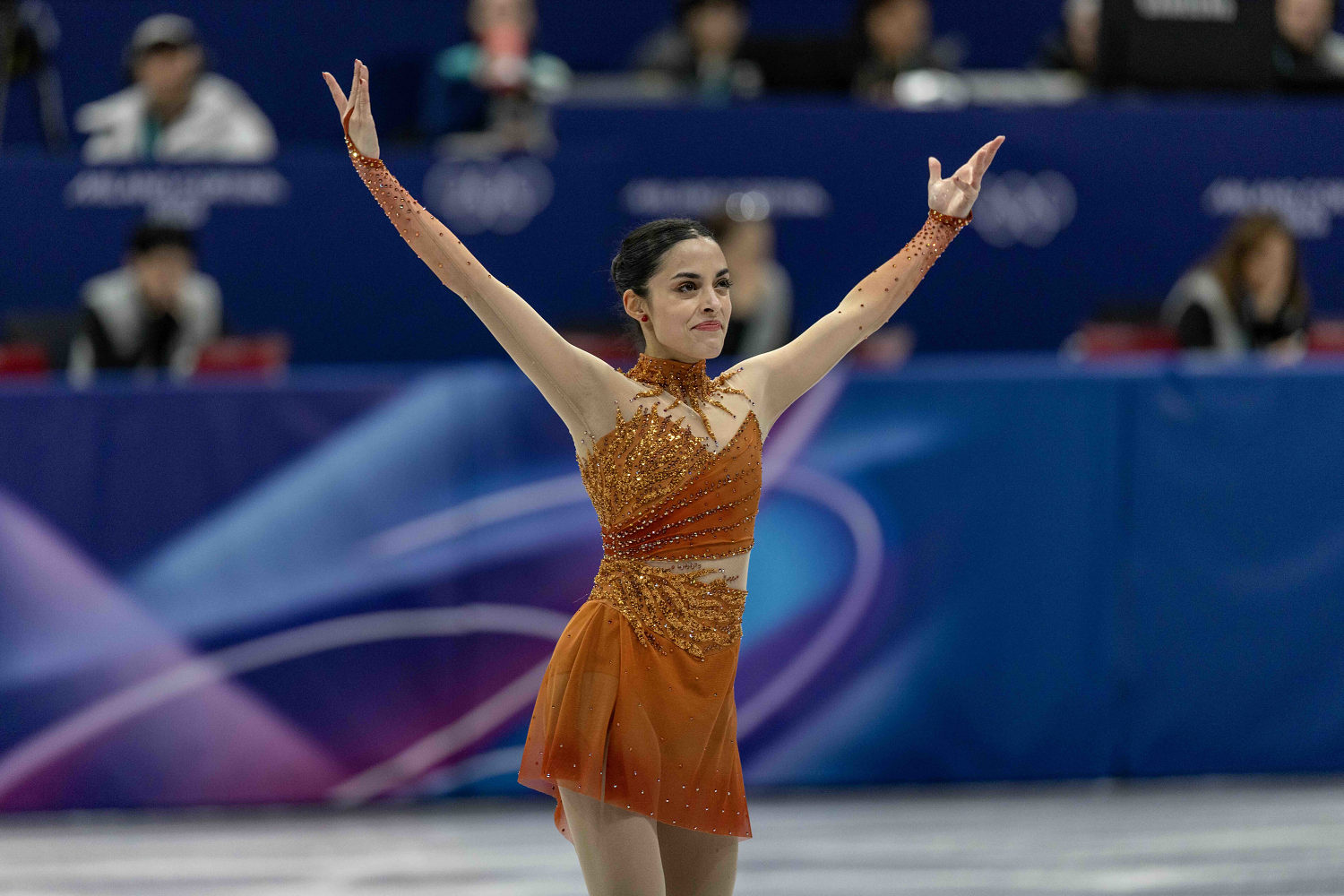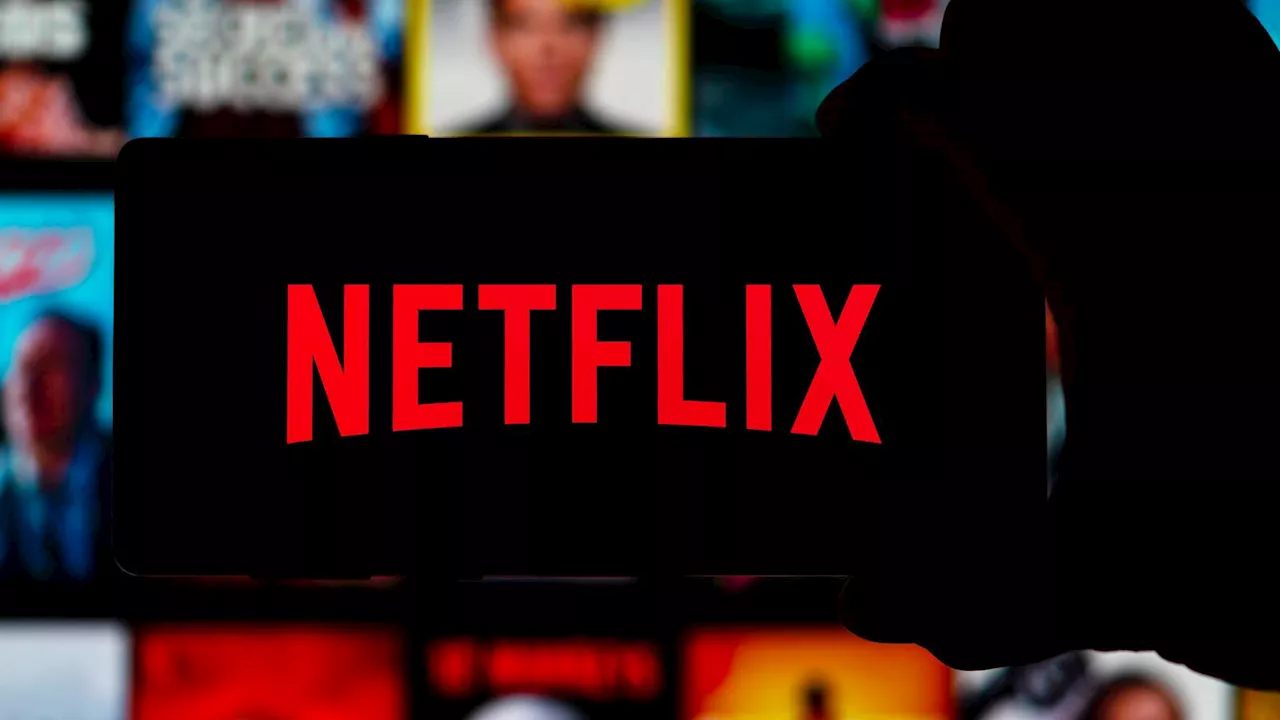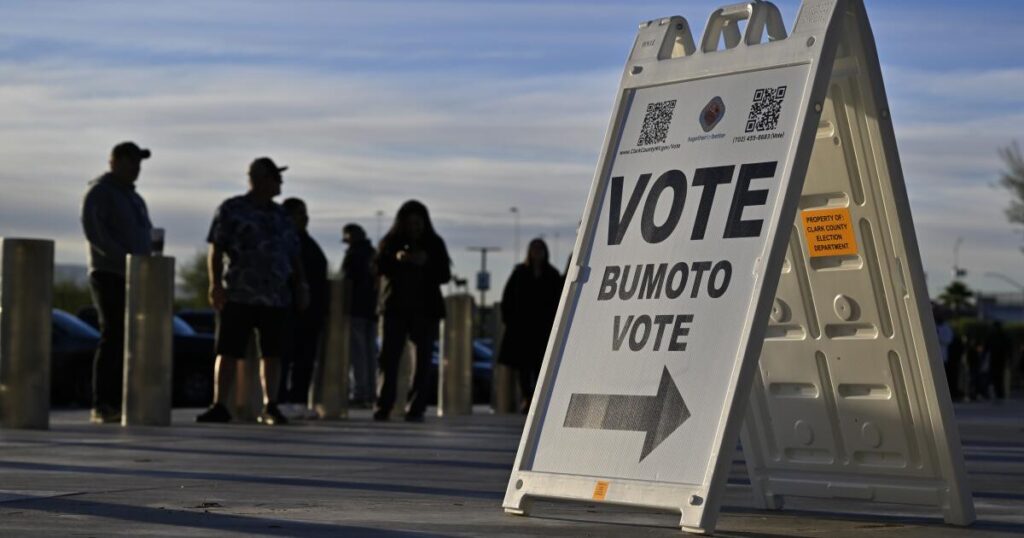
The number of uncontested elections in the United States has reached alarming levels, raising questions about the health of democracy. According to Ballotpedia, a nonpartisan organization that tracks election data, approximately 60% of nearly 14,000 elections across 30 states this week featured only one candidate, or no candidate at all. This trend highlights a serious problem within the electoral system, as the absence of political opposition undermines voter engagement and the fundamental principles of democracy.
Among the notable outcomes this week was the mayoral victory of Zohran Mamdani in New York City. While this high-profile race garnered significant attention, it is essential to recognize that over 1,000 individuals were elected mayor across the country without facing any opponents. In fact, only about 700 mayoral races tracked by Ballotpedia provided voters with actual choices. The lack of competition extends beyond mayoral races; more than 50% of city council victories and nearly 80% of local judgeships were also uncontested.
This troubling trend has been on the rise since Ballotpedia began tracking these statistics in 2018, when 65% of elections were uncontested. In the past two years, the average has climbed to a concerning 75%. This lack of competition is indicative of a broader disengagement among voters. In the last election cycle, approximately one-third of eligible voters in the United States chose not to participate, further complicating the health of American democracy.
Doug Kronaizl, a managing editor at Ballotpedia, emphasized that Americans are increasingly focused on national politics, often overlooking the importance of local elections that have significant impacts on their daily lives. “We like to view elections sort of like a pyramid, and at the tippity top, that’s where all of the elections are that people just spend a lot of time focused on,” Kronaizl noted. He pointed out that the base of the pyramid consists of numerous local elections that frequently go uncontested.
The situation is stark in states such as Iowa, which recorded 1,753 races with one or zero candidates, and Ohio, where over 2,500 elections featured a similar lack of competition. In some instances, elections are so uncontested that ballots are not printed, effectively cancelling the democratic process. Ballotpedia’s data does not account for outcomes decided without a vote, raising critical concerns about the state of political opposition in local governance.
The former mayor of Tempe, Arizona, Neil Giuliano, has devoted much of his life to public service and believes that the rise in uncontested elections stems from two discouraged groups. Some individuals refrain from running for office because they feel the positions do not matter, while others are overwhelmed by the current political climate, fearing hostility and personal attacks. Giuliano expressed that many potential candidates are deterred by the negative atmosphere surrounding political campaigns.
This sentiment is echoed by Amanda Litman, co-founder and president of Run for Something, a nonprofit dedicated to recruiting and supporting young progressives for local and state offices. Since the election of President Trump in November 2016, Litman’s organization has received over 200,000 inquiries from individuals interested in running for office, suggesting a glimmer of hope in the face of declining political participation. “I think the problems have gotten so big and so deep that it feels like you have to do something — you have to run,” she stated, highlighting housing as a significant issue driving interest in local politics.
The historical context of civic engagement underscores the importance of political opposition. Thomas Paine famously wrote about the challenges of maintaining democracy during the Revolutionary War, emphasizing the need for political discourse and opposition as a means to foster accountability among elected officials. Today, the crisis stems not from tyranny abroad but from a growing disengagement within the electorate.
As civic life ebbs, it becomes increasingly apparent that voters often feel disconnected from political leaders. The focus on national politics often overshadows local races, which are critical to fostering community engagement. Local elected officials frequently interact with constituents, providing opportunities for dialogue and accountability that are essential to a healthy democracy.
Former Los Angeles Mayor Antonio Villaraigosa has also observed the implications of uncontested elections. He stated, “Democracy is a living, breathing thing.” Villaraigosa emphasized the obligation of citizens to participate in civic life, whether that means running for office or engaging with local issues. He noted that while not everyone can or wants to run for office, there is a collective duty to remain informed and involved in the democratic process.
The current landscape of American democracy reveals a pressing need for political opposition at all levels. Without competitive elections, voters are left without viable choices, and the essential checks and balances that underpin the political system are weakened. The beauty of democracy lies in its ability to adapt and respond to the needs of the people; without opposition, it risks becoming stagnant and disconnected from the communities it is meant to serve.

